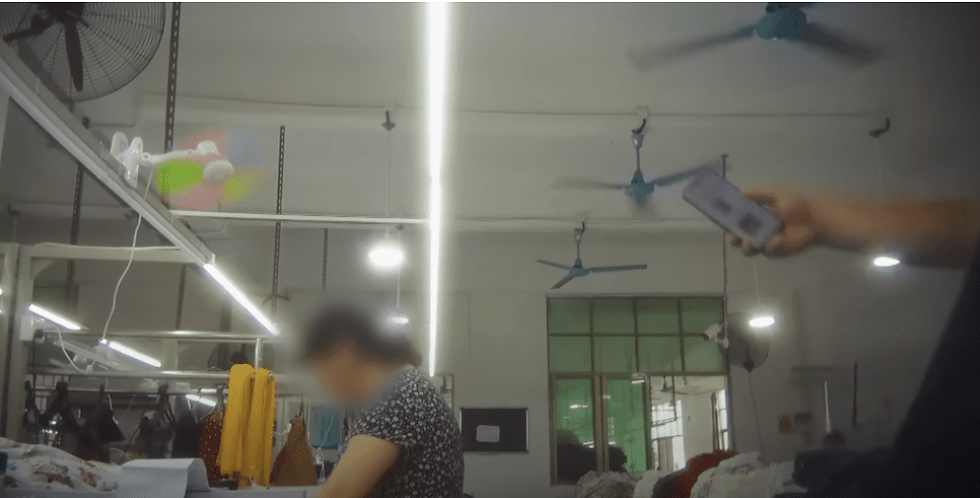The Benefits of Sustainable Shopping: Why it Matters for You and the Planet.
- Apr 9, 2024
- 2 min read
Updated: Apr 24, 2024

In an era defined by environmental awareness and conscious consumption, the significance of sustainable shopping transcends mere trends—it emerges as a crucial paradigm shift in how we interact with commerce, ecology, and society at large. As we navigate a world increasingly affected by climate change, resource depletion, and social inequities, the choices we make as consumers wield profound implications for both our individual well-being and the health of the planet we call home.
The problem of the traditional fashion industry.
The conventional fashion industry plays a significant role in environmental degradation, utilizing vast amounts of water, energy, and chemicals that contribute to pollution and waste. Textile dyeing, for example, ranks as the second largest water polluter worldwide, with approximately 2,700 liters of water required to produce a single cotton shirt. Furthermore, the industry accounts for 10% of global carbon emissions. Fast fashion's emphasis on rapid trends fuels overconsumption, leading to millions of tons of clothing being discarded into landfills annually. In essence, the traditional fashion sector is a leading contributor to the planet's deterioration.
How sustainable fashion is different.
Sustainable fashion is pivotal in the preservation of water resources. Conventional clothing production methods are notorious for their excessive water usage. For instance, crafting a single cotton t-shirt can require a staggering 2,700 liters of water! Yet, sustainable fashion labels are embracing eco-conscious techniques, like employing organic materials, implementing water recycling in manufacturing, and opting for natural dyes. These initiatives not only curtail water consumption but also mitigate water pollution. Hence, opting for sustainable fashion directly aids in water conservation—an essential component of environmental sustainability.
Sustainable fashion significantly reduces chemical pollution by favoring natural dyes, non-toxic materials, and eco-conscious production methods. This approach minimizes harmful chemical release into the environment compared to traditional clothing manufacturing. Additionally, sustainable fashion promotes slower production and longer garment lifespans, lessening the need for new clothing and its associated pollution. Ethical supply chains in sustainable fashion ensure responsible sourcing, fair labor practices, and environmental respect. By supporting sustainable fashion, we contribute to both environmental protection and ethical workplace standards, making it a vital aspect of sustainable living.
How does sustainable fashion benefit you.
Sustainable fashion offers a plethora of benefits that extend beyond environmental conservation, enriching consumers' lives in various facets. Firstly, it emphasizes quality and durability, resulting in longer-lasting garments that save money over time. Secondly, sustainable fashion provides unique styles and designs, allowing individuals to express their individuality while standing apart from mainstream trends. Thirdly, it promotes health and well-being by prioritizing natural materials, reducing the risk of skin irritation and allergic reactions. Ethical and social impacts are significant, as sustainable fashion supports fair labor practices and safer working conditions for garment workers. Furthermore, it fosters a sense of community among like-minded individuals, enhancing the overall shopping experience. Engaging with sustainable fashion also promotes education and empowerment, encouraging consumers to make informed choices aligned with their values. In essence, sustainable fashion not only benefits the environment but also enhances product quality, promotes individuality, supports ethical practices, fosters community connection, and empowers consumers to make positive changes in the fashion industry.
Of course you can always reach out to us if you have further questions on social media and email @clobberdotcom on all platforms. Additionally share your sustainable finds and tag us to get reposted!





Comments